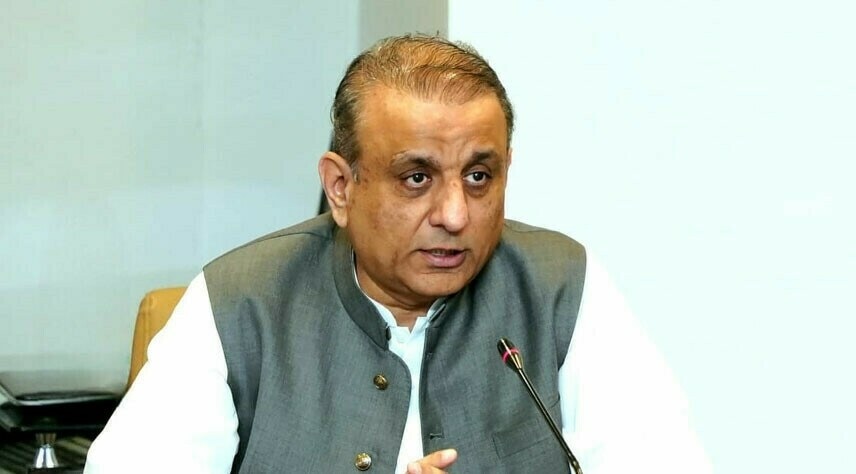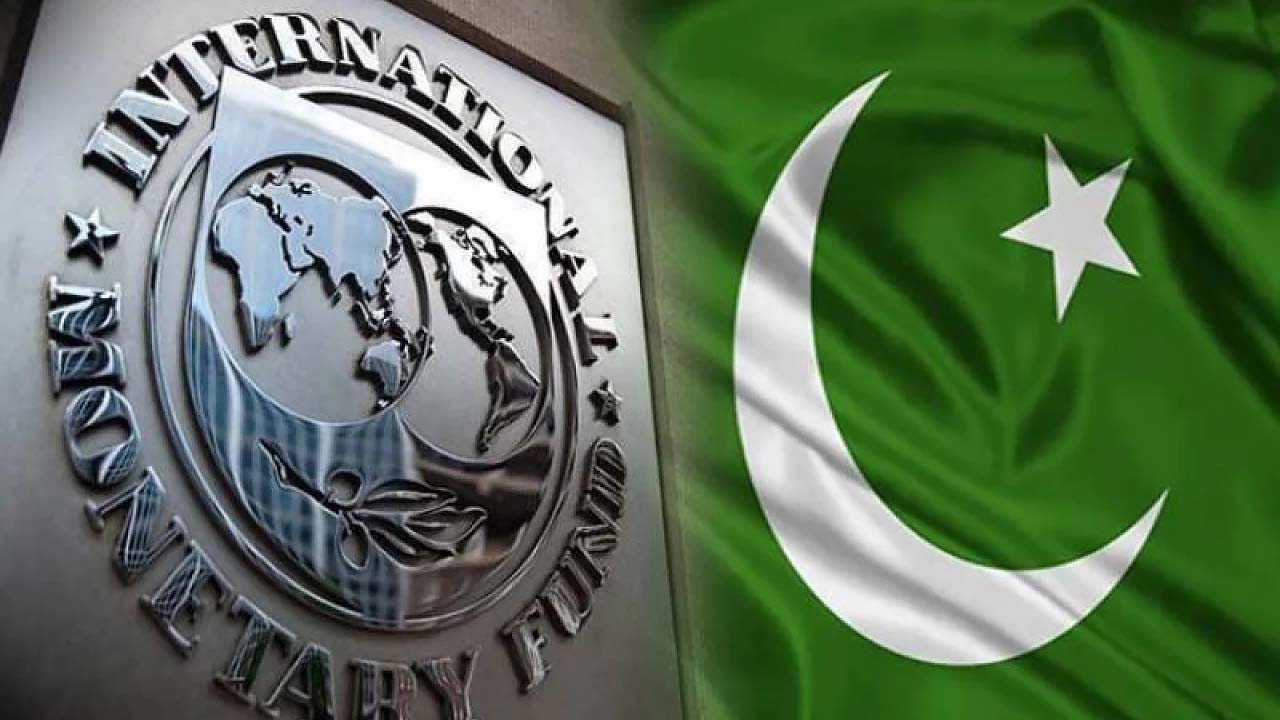PTBP Web Desk
Federal Minister for Privatisation, Board of Investment and Communications of Pakistan, Abdul Aleem Khan, met with Uzbek Ambassador Alisher Tukhtaev to discuss and enhance the multifaceted relationship between their countries. This meeting underscored the deep historical, cultural, and religious bonds that unite Pakistan and Uzbekistan, aiming to leverage these ties for mutual economic and cultural growth.
Abdul Aleem Khan emphasized Pakistan’s eagerness to boost bilateral trade and cooperation with Uzbekistan. He proposed the establishment of Uzbek Display Centers in Pakistan as a strategy to showcase and promote Uzbek products and services, thereby fostering direct business links. This initiative highlights Pakistan’s intent to serve as a gateway for Central Asian trade, particularly with countries like Uzbekistan.
The Uzbek Ambassador reciprocated the enthusiasm, expressing Uzbekistan’s interest in intensifying trade, cultural, and other forms of cooperation with Pakistan. He highlighted the significance of upcoming high-level visits, particularly noting the planned visit of Pakistan’s Prime Minister to Uzbekistan next month. This visit is seen as a pivotal moment to solidify the relations between the two nations through governmental and ministerial interactions.
During the discussion, Minister Khan suggested several practical steps to enhance connectivity and cultural exchange. One notable proposal was to allow travelers from Pakistan, who are en route to Europe or America, to obtain a tourist visa of 48 to 72 hours upon arrival at Uzbek airports. This would not only facilitate easier travel but also promote tourism and cultural understanding between the citizens of both countries.
Aleem Khan stressed the importance of improving land connectivity, suggesting investments in communication projects like motorways, and extending this to air and rail travel. He argued that better infrastructure would not only facilitate trade but also bring the people closer, fostering a deeper sense of community and shared heritage. He reminisced about the familiarity of Pakistani people with iconic Central Asian cities like Samarkand, Bukhara, and Dushanbe, underlining the cultural proximity that could be enhanced through better travel links.
The discussion also touched upon inviting Uzbekistan’s tourism companies to invest in Pakistan, suggesting a reciprocal promotion of tourism. This could serve as a cultural bridge, allowing more citizens from both nations to experience each other’s rich histories and traditions firsthand.
The minister’s vision for enhanced connectivity includes not just physical infrastructure but also the intangible links of culture, education, and people-to-people contacts. Aleem Khan’s remarks on the importance of these connections reflect a broader strategy to integrate Pakistan more deeply into the Central Asian economic and cultural landscape.
The meeting concluded with both parties acknowledging the positive trajectory of their relationship and committing to actionable steps for the near future. They agreed on the necessity of continuous dialogue at various levels to materialize the discussed initiatives into concrete projects, aiming for an increase in trade volume, cultural exchanges, and a robust network of connectivity.
This engagement between Pakistan and Uzbekistan at such a high diplomatic level is indicative of both countries’ commitment to a prosperous, interconnected future where historical bonds are not just remembered but actively utilized to foster modern-day collaboration.




